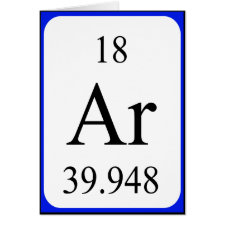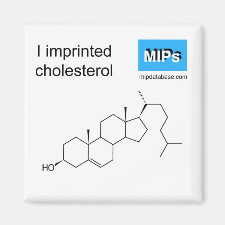
Authors: Caktu K, Turkoglu EA, Baydemir G, Yavuz H
Article Title: Cholesterol removal from intestinal mimicking solution by MIP technology.
Publication date: 2011
Journal: Current Opinion in Biotechnology
Volume: 22
Issue: (Supplement 1)
Page numbers: S109.
Alternative URL: doi: 10.1016/j.copbio.2011.05.349
Abstract: The aim of this study is to prepare a supermacroporous cryogel with embedded cholesterol-imprinted microbeads that can be used for the selective removal of cholesterol from an intestinal mimicking solution. N-methacryloyl-(L)-tyrosinemethylester (MAT) was chosen as the preorganization monomer. In the first step, cholesterol was complexed with MAT and the cholesterol-imprinted poly(hydroxyethyl methacrylate-N-methacryloly-(L)-tyrosine methyl-ester) [MIP] monolith was produced by bulk polymerization. In the second step, the supermacroporous poly(hydroxyethyl methacrylate) (PHEMA) cryogel with embedded MIP particles [PHEMA/MIP composite cryogel] was produced by free radical polymerization initiated by N,N,N,N-tetramethylene diamine (TEMED) and ammonium persulfate (APS) pair in an ice bath. The template (i.e., cholesterol) molecules were removed subsequently using ethanol and chloroform. Compared with the PHEMA cryogel (1.5 mg/g polymer), the cholesterol adsorption capacity of the PHEMA/MIP composite cryogel (20.45 mg/g polymer) was improved significantly due to the embedded MIP particles into the polymeric matrix. Estradiol and stigmasterol was chosen as competitive agents for selectivity experiments. MIP composite adsorbents bound cholesterol 24.07 and 8.60 times more selectively with respect to estradiol and stigmasterol, respectively. The PHEMA/MIP composite cryogel could be used many times without decreasing the cholesterol adsorption capacity significantly. Prepared composite system is suitable for the removal cholesterol.
Template and target information: cholesterol



Join the Society for Molecular Imprinting

New items RSS feed
Sign-up for e-mail updates:
Choose between receiving an occasional newsletter or more frequent e-mail alerts.
Click here to go to the sign-up page.
Is your name elemental or peptidic? Enter your name and find out by clicking either of the buttons below!
Other products you may like:
 MIPdatabase
MIPdatabase









